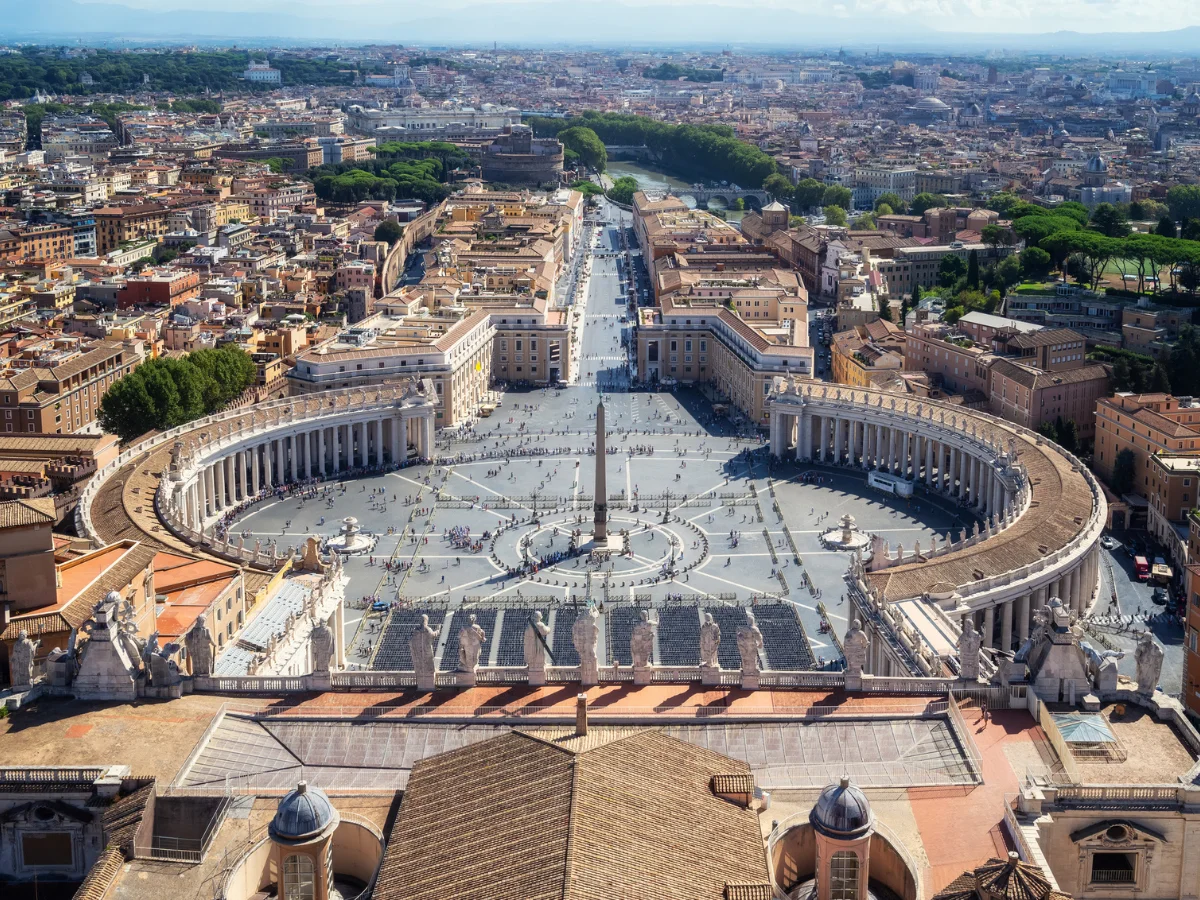Emperor Caligula rose to power in 37 AD
Emperor Caligula rose to power in 37 AD. Initially promising, his reign descended into tyranny and extravagance. Caligula declared himself a god, exhibited erratic behavior, and engaged in lavish spending. His rule was marked by cruelty and persecution, with executions and arbitrary violence. Despite ambitious building projects, including palaces and aqueducts, his reign ended violently with his assassination in 41 AD. Caligula’s legacy is one of infamy and excess, serving as a cautionary tale of unchecked power.

Ancient Rome: Emperor Caligula rose to power in 37 AD
Caligula, born Gaius Julius Caesar Augustus Germanicus in 12 AD, was the third Roman emperor. He inherited the throne after the death of his predecessor, Tiberius, in 37 AD. Caligula’s youth was spent in the military camps of his father, Germanicus, earning him the nickname “Caligula” meaning “little boot” due to the miniature soldier’s boots he wore. His lineage can be traced back to Augustus and he also had two brothers.
Reign and Early Policies
Caligula began his reign with promise, showing initial signs of competence and generosity. He repealed certain taxes, released political prisoners, and implemented public works projects. However, his behavior soon took a drastic turn.
Caligula’s demeanor underwent a dramatic shift
Following a harrowing illness, Caligula’s behavior underwent a startling transformation. Paranoia and cruelty consumed him, replacing his former demeanor. Suspicious of conspiracies, he lashed out ruthlessly against perceived enemies. The once beloved emperor descended into tyranny, instilling fear among his subjects and sowing seeds of discontent throughout the empire.
Tyranny and Extravagance
Caligula’s rule quickly descended into tyranny and extravagance. He exhibited erratic behavior, including bouts of megalomania and paranoia. He declared himself a god, demanded divine worship, and engaged in lavish spending sprees, depleting the imperial treasury.
Cruelty and Persecution
Caligula’s reign was marked by cruelty and persecution. He executed perceived enemies, including senators and members of the nobility, on trumped-up charges of treason and conspiracy. He also subjected the Roman populace to arbitrary acts of violence and oppression.
Caligula initiated a campaign targeting the barbarians
Caligula launched a bold campaign aimed at subduing the barbarians beyond Rome’s frontiers. With relentless determination, he marshaled the legions to expand the empire’s reach. Conquest and annexation became his fervent goals, driving him to the edges of the known world in pursuit of glory and territorial expansion.
Wearing the breastplate of Alexander the Great
Caligula’s extravagant act of donning Alexander the Great’s breastplate while crossing a bridge of boats showcased his love for drama and admiration of historical icons. This bold gesture, steeped in symbolism, reflected his desire to align himself with legendary figures of the past, enhancing his own aura of power and grandeur in the eyes of his subjects.
Building Projects and Ambitions
Despite his erratic behavior, Caligula initiated several ambitious building projects, including the construction of lavish palaces and aqueducts. He also entertained grandiose plans for military conquest, including an ill-fated campaign against Britain.
Caligula held a particular fondness for chariot racing
Caligula harbored a deep love for chariot racing, a beloved pastime in ancient Rome. Frequently, he graced the Circus Maximus with his presence, reveling in the excitement of the races. His enthusiasm for the sport endeared him to the masses, further solidifying his connection with the people of Rome.
Death of his beloved sister Drusilla
Caligula’s world crumbled with the death of his cherished sister, Drusilla. Devastated by her passing, he descended into profound grief and despair. Drusilla’s absence left a gaping void in Caligula’s life, exacerbating his already erratic behavior. The loss of his confidante and closest companion plunged him into a tumultuous period marked by increased paranoia and cruelty.
Assassination and Legacy
Caligula’s tumultuous rule as Emperor of Rome abruptly concluded with his assassination. Conspirators, driven by fear and loathing, struck him down in a dramatic act of regicide. The tyrant’s demise sparked both relief and apprehension throughout the empire, ushering in a period of uncertainty and political upheaval. Caligula’s death marked the end of an era characterized by tyranny and instability.
Conclusion
Emperor Caligula’s reign was marked by tyranny, extravagance, and cruelty. His erratic behavior and megalomaniacal ambitions led to widespread suffering and ultimately his own demise. Despite his initial promise, Caligula’s legacy remains one of infamy and excess, serving as a stark reminder of the dangers of absolute power unchecked by reason or restraint.



